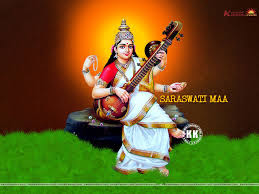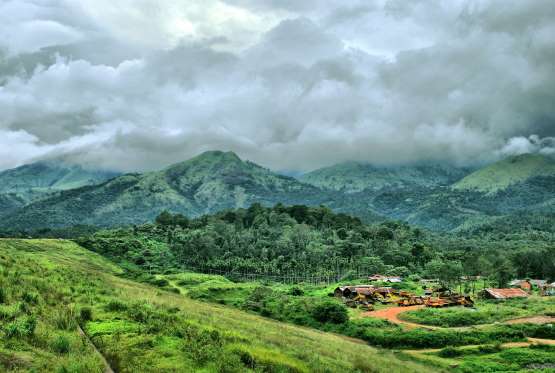What is Knowledge : Ch-3. Part-7.
Chapter-3. A Philosophic Outlook of Life
Part-7.
Now, our life normally, empirically – in the ordinary sense – cannot be considered really as an act of freedom.
We have to eat because we are hungry; we have to drink because we are thirsty; we have to sleep because we are tired; and we have to do many other things of this type, because we are pressurised by conditions of life which are manifold in their character.
These are matters for deep consideration.
How is it that life should be made in this way?
Why should there be a need to eat?
Because there is hunger.
There the answer is clear, and there is no need to put further questions.
Everyone knows why one eats.
But it is not enough for a philosopher to know that hunger is the reason behind eating.
That is only an immediate cause, a visible reason, that we are placing before our mind to explain our act of eating.
But why should there be hunger?
This question can be put only by a philosopher.
An ordinary man will not put such questions.
Nobody will ask why there should be hunger, why there should be thirst.
They will look like foolish questions.
But to a philosophic mind, they are not foolish questions.
A philosophic mind will never be satisfied unless the ultimate reason for a thing is known.
'This' happens because 'that' is there, and 'that' is there because of a third thing, a third thing is there because of a fourth thing.
Now, where does this end, finally? Where does it end?
Swami Krishnananda
To be continued ...




Comments